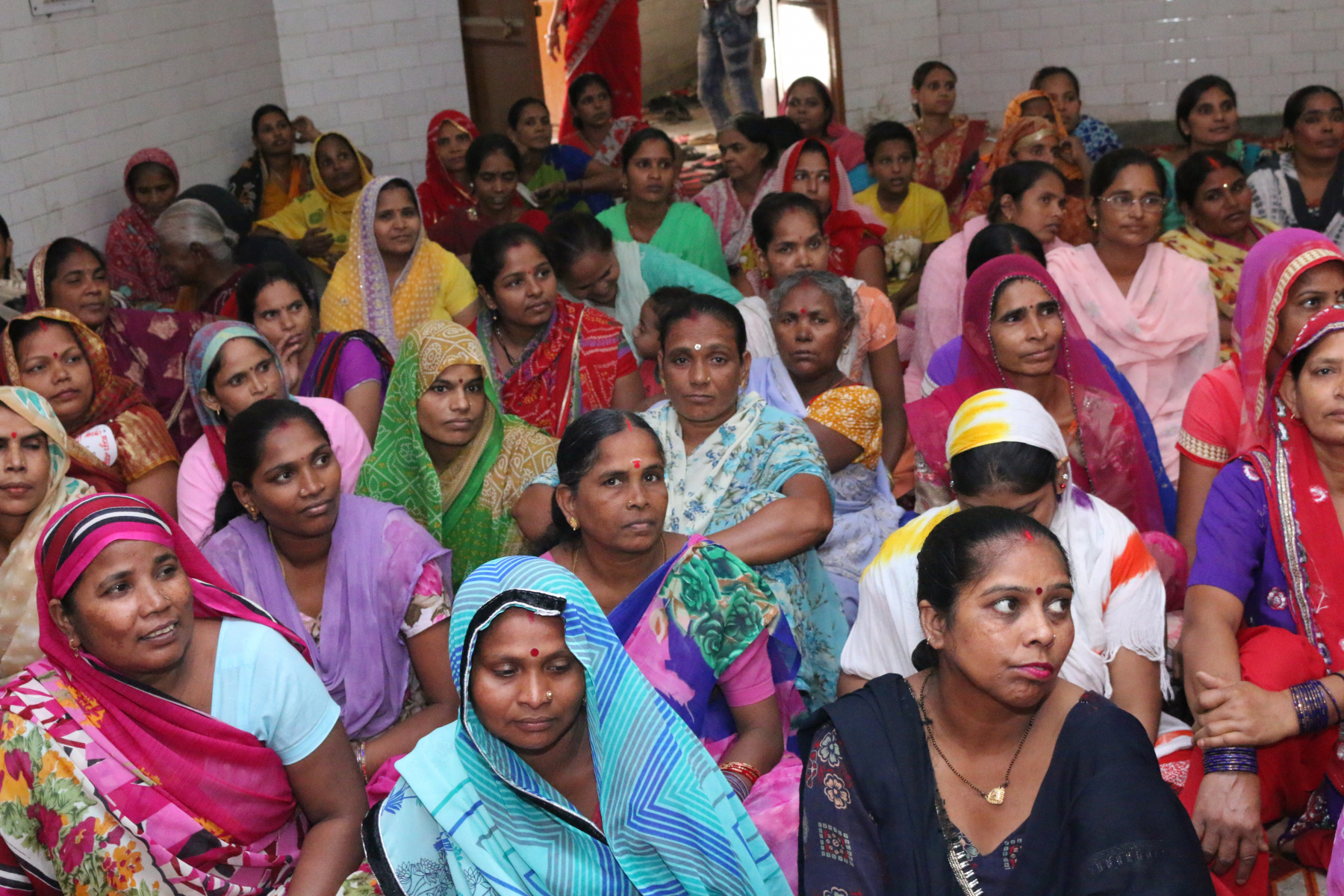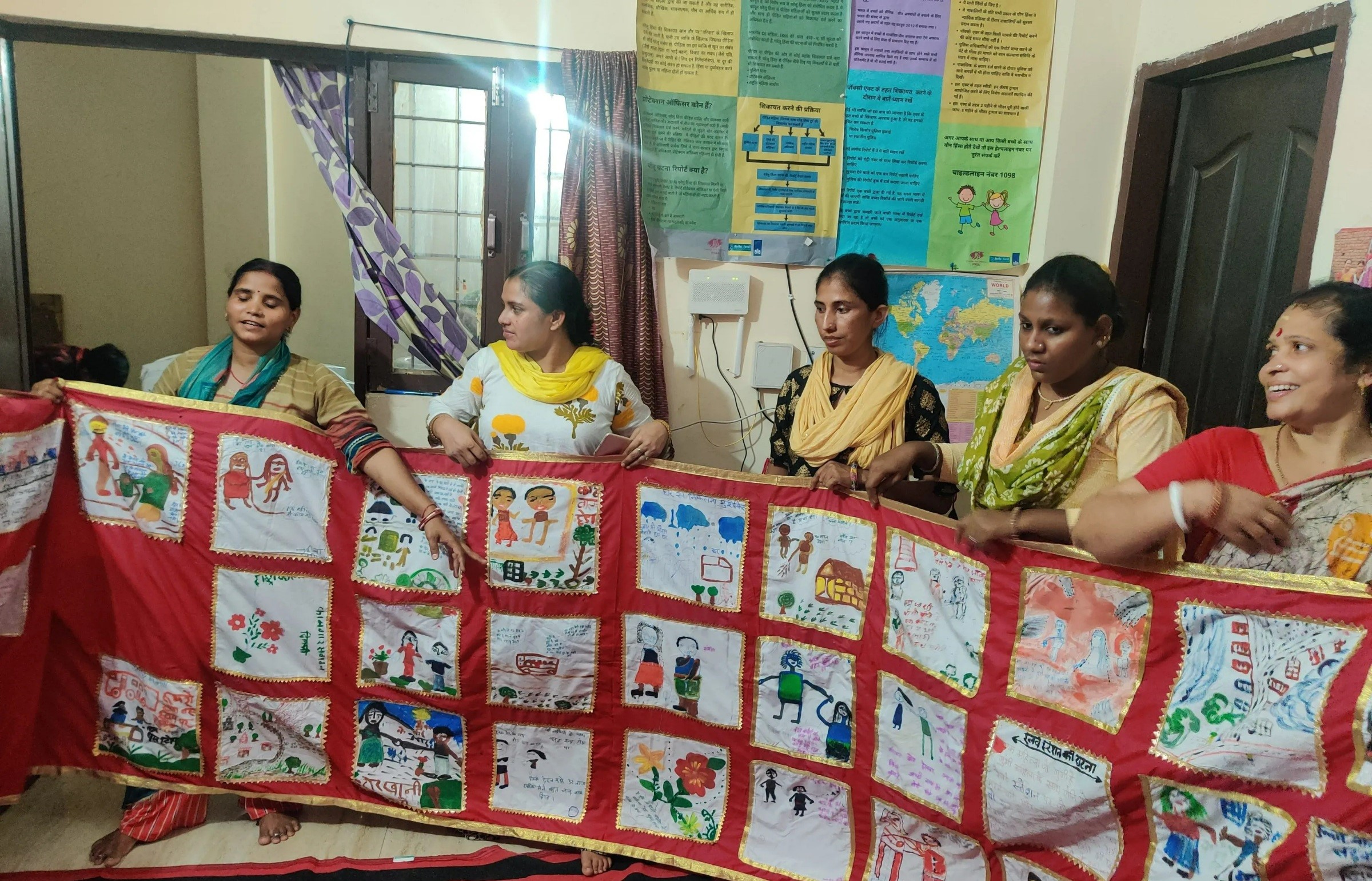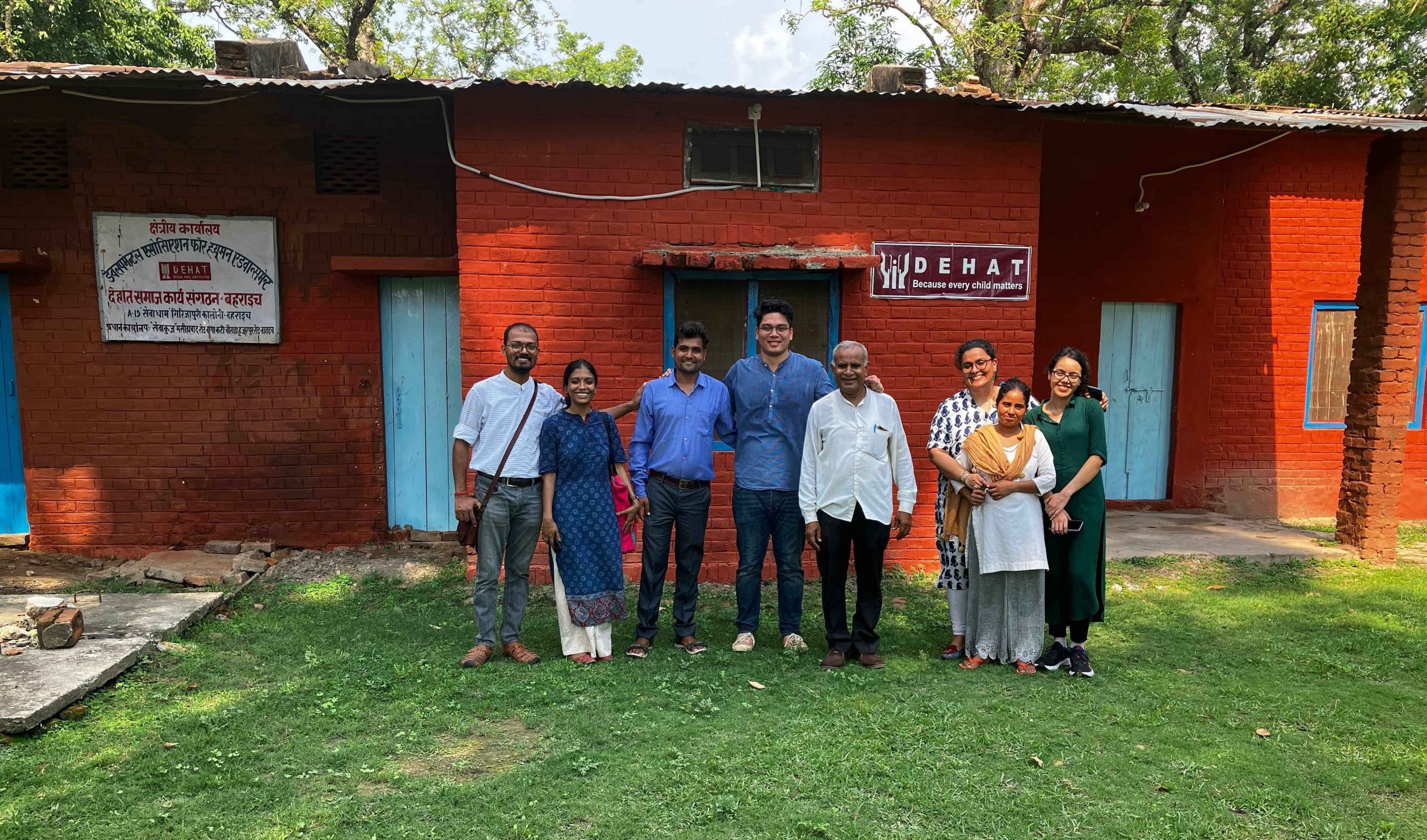Founded in 1992, Kislay began as a labor collective, or “Sangathan,” to address the challenges faced by informal workers in Delhi. While initially focused on wage-related issues, Kislay quickly recognized that the primary needs of these workers extended far beyond wages to include essential resources like water, sanitation, electricity, education, rations, and housing.
Kislay uses a rights-based participatory approach to empower communities in Delhi’s slums, where many migrant workers are employed in domestic and construction work. The organization has contributed to significant shifts in Delhi’s urban policies, expanding its focus from construction workers via the “Delhi Shramik Sangathan” to initiatives such as the Delhi Domestic Workers’ Association and advocacy for cycle rickshaw drivers.
Today, Kislay organizes informal workers into “collectives” to amplify their voices and improve their working conditions. In these collectives, workers are trained in negotiation skills, enabling them to advocate for fair wages and basic rights, not only from employers but also from the government. Kislay’s campaigns focus on securing essential services for informal workers, including school enrollment for their children and access to water, electricity, and sanitation.
Their slogan for labourers, “Sheher ko hum sundar banate hai, sheher humko kyu nahi bana raha hai sundar?” (We beautify the city; why doesn’t the city make our lives beautiful?), reflects the spirit of their mission. Beyond policy advocacy, Kislay works with the different community groups on caste and gender discrimination, women’s health, and mental health, enabling the government and communities to foster meaningful social change. Through creative initiatives like “Theatre of the Oppressed” and “Cycle Abhiyan,” Kislay engages the broader community, using art and activism to advocate for informal workers’ rights and foster solidarity.

A systemic approach:
Kislay enables communities to form collectives, or “sangathans,” and equips them to collaborate with both the government and community members, building their capacity to advocate for basic rights. They work with informal laborers, including construction workers, domestic workers, and cycle-rickshaw drivers, many of whom are migrants from various parts of the country, such as Bundelkhand, Uttar Pradesh, West Bengal, Rajasthan, and Bihar. Through a rights-based, participatory approach, Kislay has worked with communities to shift mindsets and engage the government in advocacy efforts, securing rights for the migrant and urban poor communities of Delhi.
Journey so far:
- 1991: Kislay began with a focus on improved wages for informal labor. The focus then shifted to more immediate needs of the community such as ensuring education for the children of informal labour via government schools.
- 1994: Enabled the community to form the Delhi Shramik Sangathan (Delhi Workers Collective).
- 1995: Started working on normative change within communities and collective members, e.g.. Breaking down discrimination through communal meals, on gender equity and masculinity.
- 1998: The organization advocated with the Delhi Electricity Board to extend electricity access to underserved slum areas.
- 1999: Got policy passed to ensure that migrant parents could self-certify as residents and send their children to government schools.
- 2002: Successfully lobbied for the Electricity Board’s involvement, resulting in the formation of a committee dedicated to extending electricity access in slums. At the same time, Kislay began advocating for free rations for migrant communities.
- 2004: Secured a court approval from the Delhi Electricity Board to provide free electricity to 1,089 slum residents.
- 2005: Shifted focus to water access, arranging water connections for clusters of 12 households to ensure consistent pressure and reliability.
- 2006: Kislay was formally registered as a Trust and acquired a building, Lokhande Bhawan, to serve as the headquarters for NGO operations.
- 2008: Participated in drafting a community-led slum policy.
- 2010: Started working on wages for informal workers again.
- 2015: Expanded support to domestic workers and established the Delhi Domestic Workers’ Association.
- 2016: Ratified and codified labour laws pertaining to informal workers
- 2017-18: Launched gender-focused programs to advocate for gender equality and women’s empowerment.
- 2020: Actively engaged in COVID-19 relief efforts, providing essential services and support to affected communities.
- 2022: Started exploring work on mental health issues and maternal health in the community.
- 2024 onwards: Exploring additional trades for informal workers; identity and social security; mental health; gender and sexuality, and other intersectional areas.

Impact:
- Successfully led the enactment of the Delhi Slum and Rehabilitation Policy, securing the right to life with dignity for urban poor and workers.
- Enhanced social security benefits for construction workers in Delhi by facilitating amendments to the Delhi Building & Other Construction Workers Rules, 2002.
- Registered 42,000 construction workers with the Delhi Building & Other Construction Workers Welfare Board, enabling them to access benefits worth ₹40-50 lakhs annually, including maternity aid, accident compensation, pensions, healthcare, education, marriage assistance, and support for purchasing tools.
- Contributed to drafting national and state-level policies for domestic workers’ social security by engaging with the National Commission for Women and the Delhi Government.
- Empowered domestic workers to negotiate better wages, weekly leaves, bonuses, and compensation for unpaid work, leading to improved working conditions in various Delhi localities.
- Increased awareness of gender and sexual rights in communities, resulting in more girls pursuing higher education and employment, acceptance of inter- caste marriages, and boys sharing household responsibilities.
- Reduced domestic violence by involving male family members in training programs and fostering safer home environments for women and girls.



